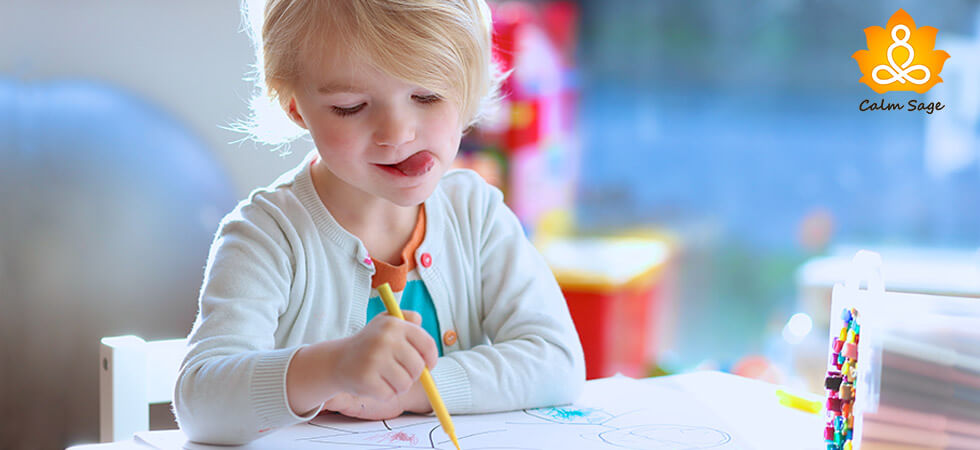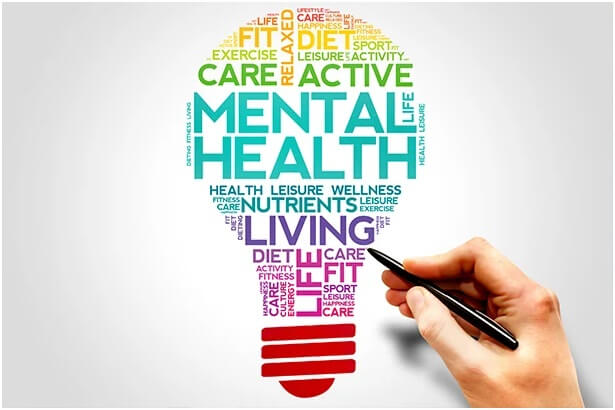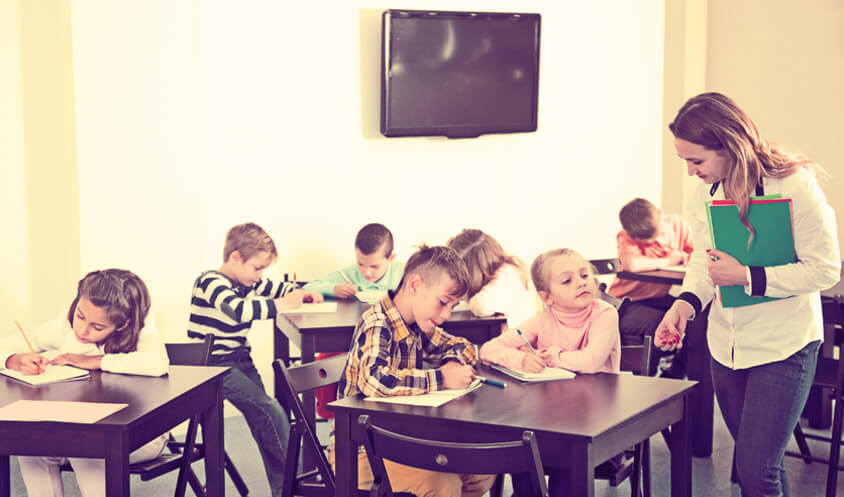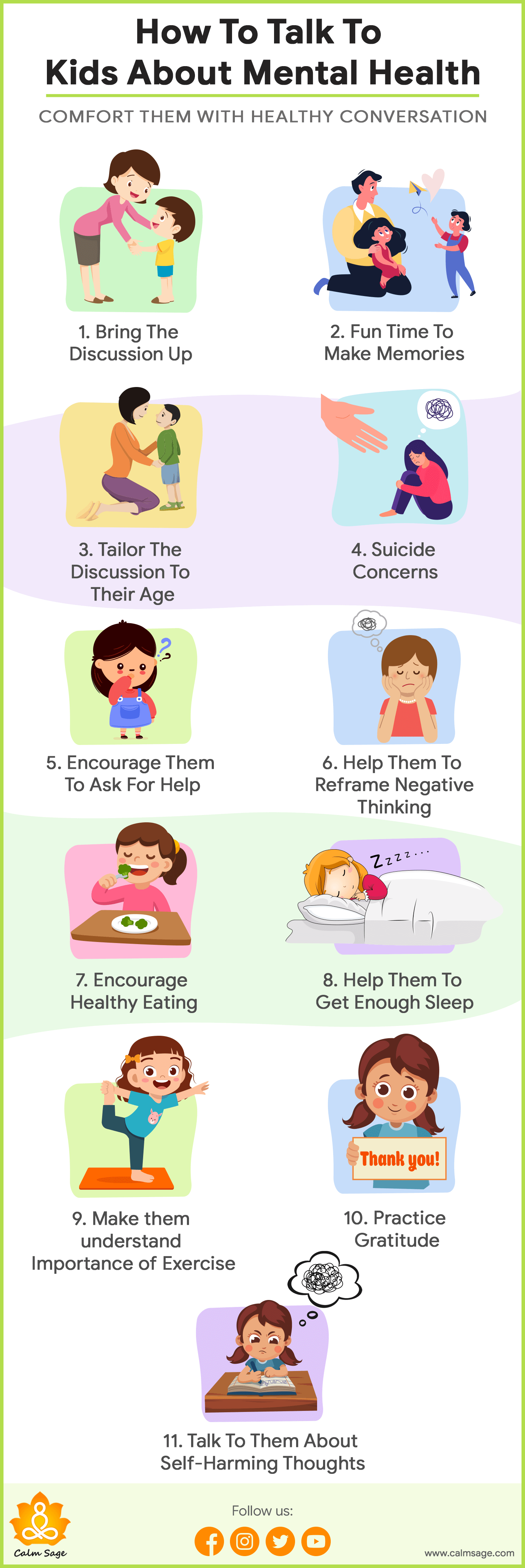You Should Try This for Emotional Wellbeing in Kids

As per research, children are more likely to have mental health issues than adults. Every one out of ten children are suffering from mental health problems and the situation is getting worse day-by-day. Mental health issues in childhood lead to several negative outcomes in later life. Children may suffer from poor educational attainment and lower employment prospects in life.
If you identify and support your child at the initial stage, you may save your child suffering from social and emotional trauma and other consequences in later run. If you nurture your kid with strong social and emotional competences and support your child at an early stage, you will surely witness positive results in your child and the entire family.

Symptoms of Weak Emotional State
As children learn to deal with their feelings, they start showing negative or positive symptoms of their emotions. Before they develop any negativity stronger, you need to learn and start working on their emotional health before they go worse. A few common symptoms are listed here.
- Aggressive Behavior – Children suffering from weak emotional wellbeing may be hard on utilizing their energy in violent behavior like hitting, kicking or biting. They turn out impulsive and full of aggression.
- Short Attention Span – Attention Deficit Hyperactivity Disorder is a common illness in boys. The normal attention span is 3-5 minutes per year of a child’s age. (A 5-year-old kid can concentrate for a minimum of 15 minutes.)
- Being Unresponsive – Mostly kids start showing tantrums and go unresponsive when we don’t go according to their wish. At times we need to ask loudly or open our eyes wide open to make them realize that they need to respond right now.
- Delayed Communication – Language delay is a type of communication disorder in kids. Their language abilities may develop at a low pace that may trouble them in expressing their thoughts and understanding others.
- Language Issues – Language disorders are rarely caused by the lack of intelligence. It may also be observed if the kid’s central nervous system is damaged or they suffer speech disorder.
As per doctors, there are a few factors that can be identified in their infant age that affects their emotional health. If you identify them and take proper care of your kids, you can escape them from symptoms in their toddler or early age.
- Hair Loss
- Low Birth Weight
- Premature Delivery
- Parental Drug or Alcoholic Abuse
- Prolonged Physical Illness
- Parental Mental Illness
How to Promote Social and Emotional Wellbeing
There is a difference between mental health and mental illness. It may not be required to visit a doctor until it is at a crucial stage however it definitely requires a positive relationship between you and your kids. Here are a few steps that you can follow to promote emotional wellbeing.
1. Create a Supporting Environment

You can start with creating a supportive environment to promote wellbeing and encourage social and emotional development. Learn children’s interest and how to help them achieve their goals.
Dwell honest and respectful relationships with each other for a swift transformation of knowledge. Focus on changing behavior rather than blaming individuals while encouraging discipline. Set up tailored expectations according to the kid’s mental aptitude. Acknowledge that each child’s strength and mental abilities are different. Some require support and others require just guidance.
2. Help Children Learn and Manage Their Behavior

Be a role model for your kids to learn social and emotional skills to maintain their behavior and relationships. Set up activities that require cooperative behavior to promote negotiation, problem-solving techniques, and social communication skills.
Help children to develop their own emotions and have empathy for other’s feelings. Let them identify, plan and work towards their goals on their own or with the help of their friends.
3. Develop Strong Teams and Strategies

It is important to contribute team strategies to promote social and emotional wellbeing. Participate in programs designed to support the mental wellbeing of babies and young children. Work in partnership with teachers, family members, community, and elders to encourage development.
4. Other Considerable Factors

If your kid is not reaching developmental milestones, or has difficulty with social interactions, you’ll need to take special care of your kid’s emotional wellness. Your kid may show up difficulty in paying attention, following instructions, managing anger, completing tasks, shows tantrums and aggression or cope with simple instructions.
There can be several reasons for working behind such a mental state. Harsh or critical parenting style or inconsistent, physical illness, conflict, violence or critical behavior due to unresolved loss and grief for someone may result in such conditions.
Follow CHILD to Save a Child
C – Create a safe and supportive environment
H – Help the child to pick up social and emotional skills
I – Identify children and parents who need additional support
L – Link families with support and information services
D – Develop new strategies that support wellbeing

Summing Up
This article made it clear that kids are not born stubborn but they adapt everything from their surroundings. The environment can either teach them positive ways of social and emotional wellbeing or can destroy a kid to the core. We talked about Mental Wellness and the nourishment of a kid’s mental state. Practice these steps and your kid will surely embrace emotional wellbeing.
Other Interesting Topics-
Releasing Stress Through Karate Breathing Techniques.




















